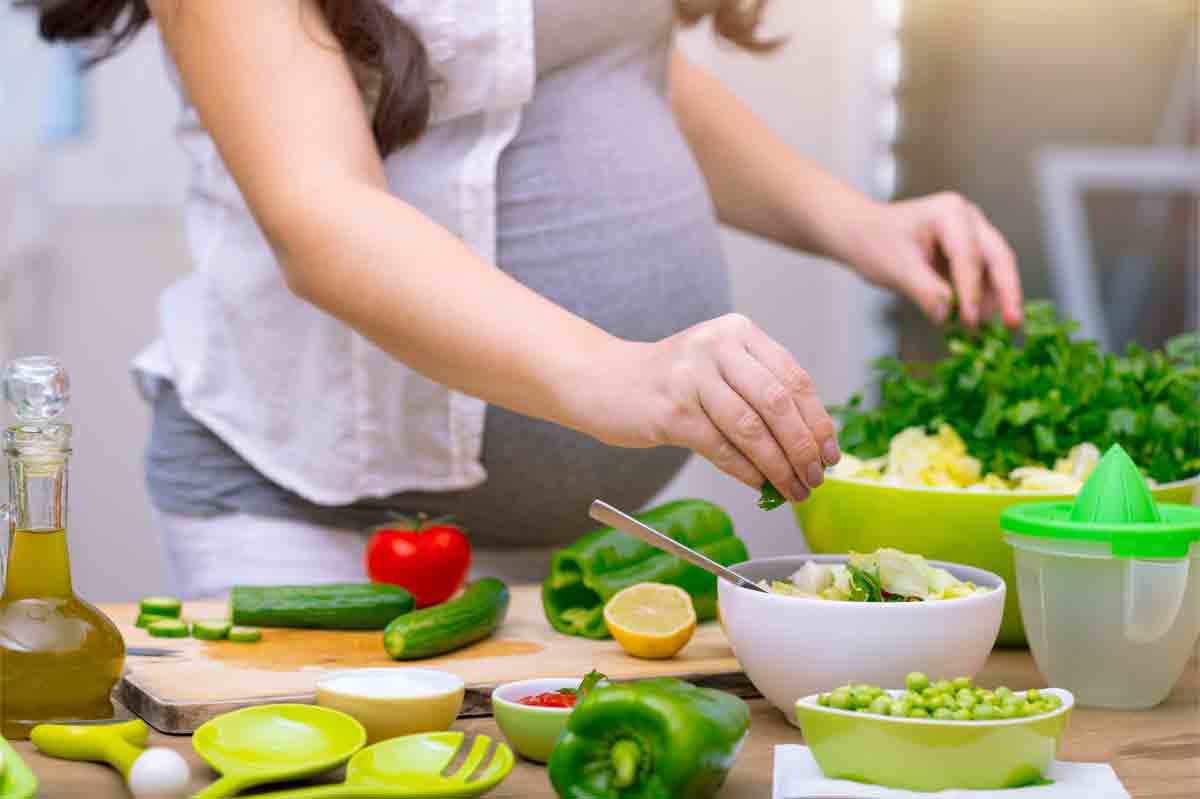Association between dietary patterns during the third trimester and the risk of postpartum depression in China
This 2019 study recruited 1,659 participants from Tianjin, China. The researchers assessed the participants’ diets using food frequency questionnaire, as well as their depressive symptoms at 6-12 weeks postpartum (after giving birth) in order to investigate the association between dietary patterns and incidence of postpartum depression among Chinese women. Six dietary habits were identified among the pregnant women: beverage, vegetable, cereal-meat, nut-fruit, egg, and seafood patterns. The highest tertile (T3) of the nut-fruit pattern was significantly associated with reduced risk of postpartum depression (OR = 0.74; p = 0.02) while the T3 of the seafood eating habit was also associated with fewer incidences of postpartum depression (OR = 0.753; p = 0.033). This present study therefore found that an adequate dose of fruits, nuts, and seafood is important for postpartum women in China. [NPID: postpartum mental health, post-partum mental health, postpartum, post-partum, pregnancy, antenatal depression, postnatal depression, nutrients, micronutrients, maternal depression, depression, perinatal anxiety, perinatal depression, anxiety, depression, Chinese, pregnancy, seafood]
Year: 2020
 Navigation
Navigation






